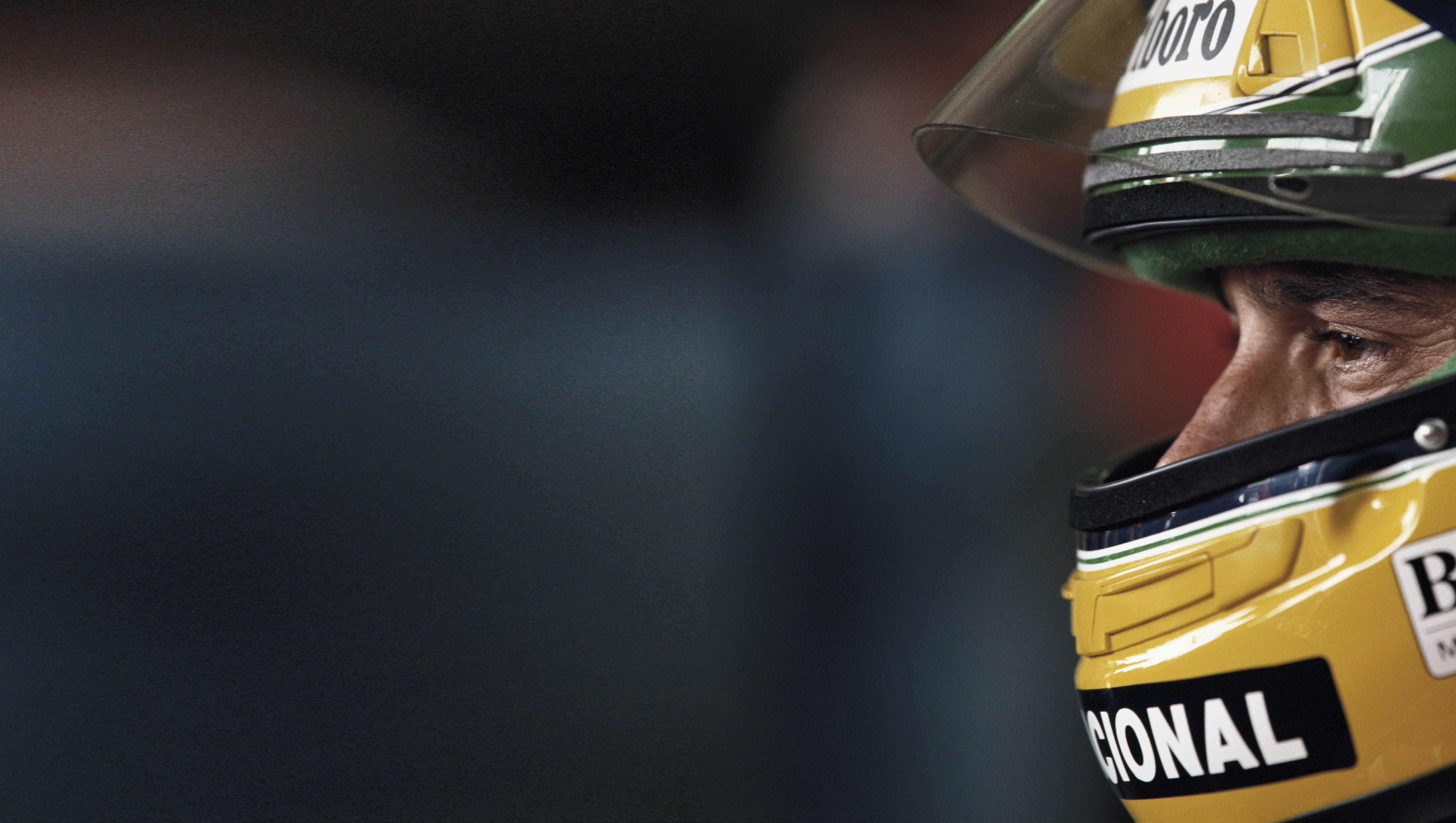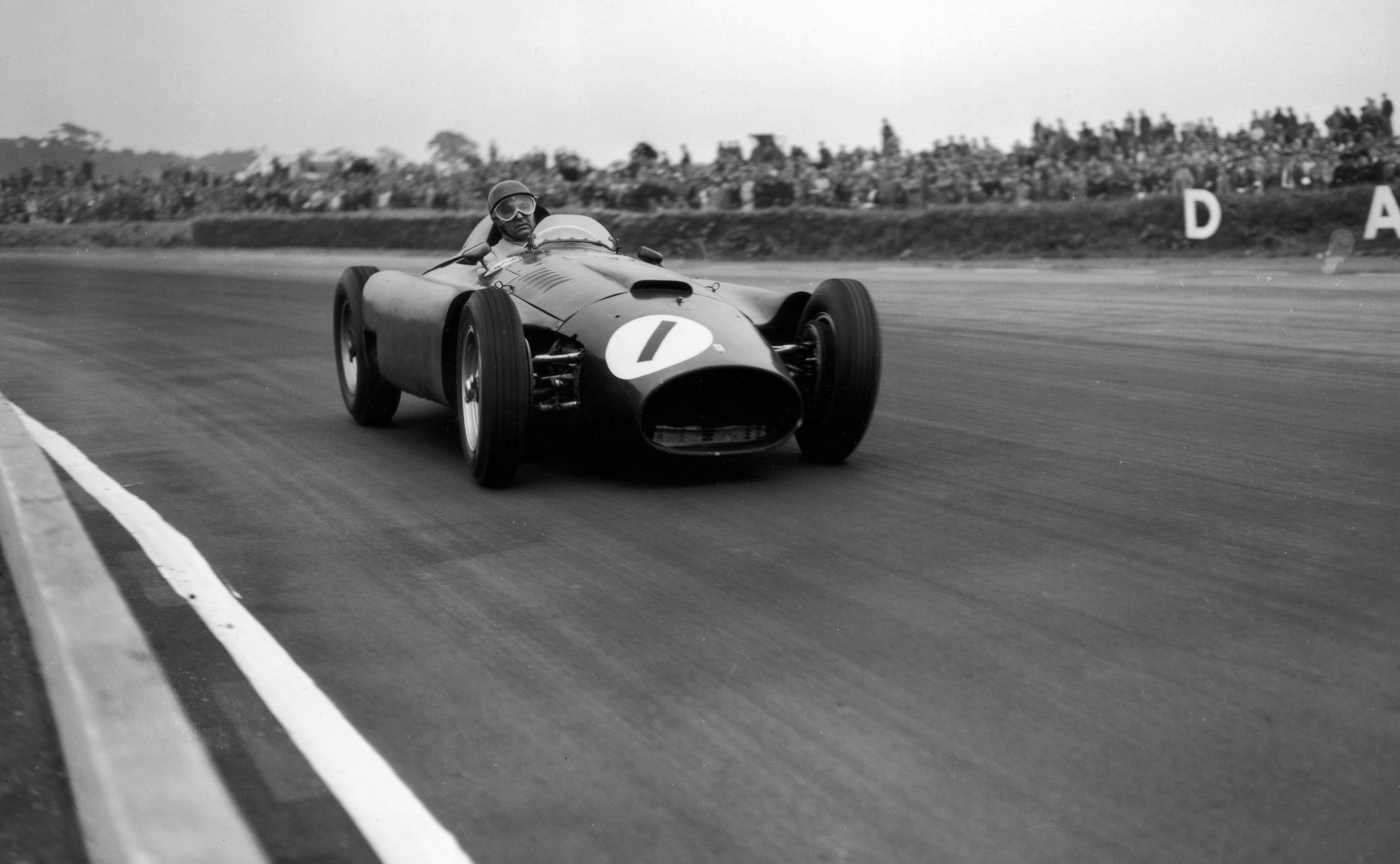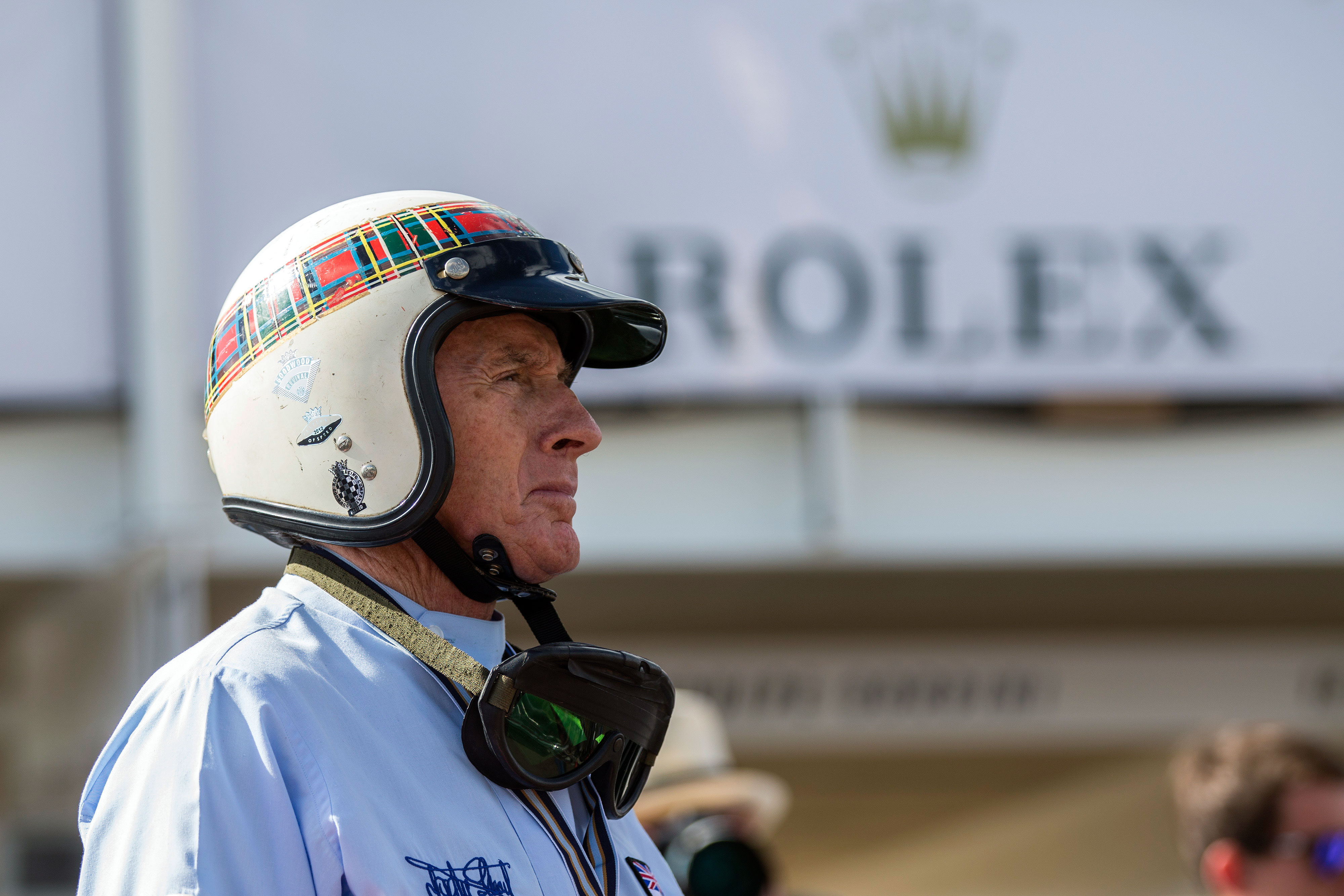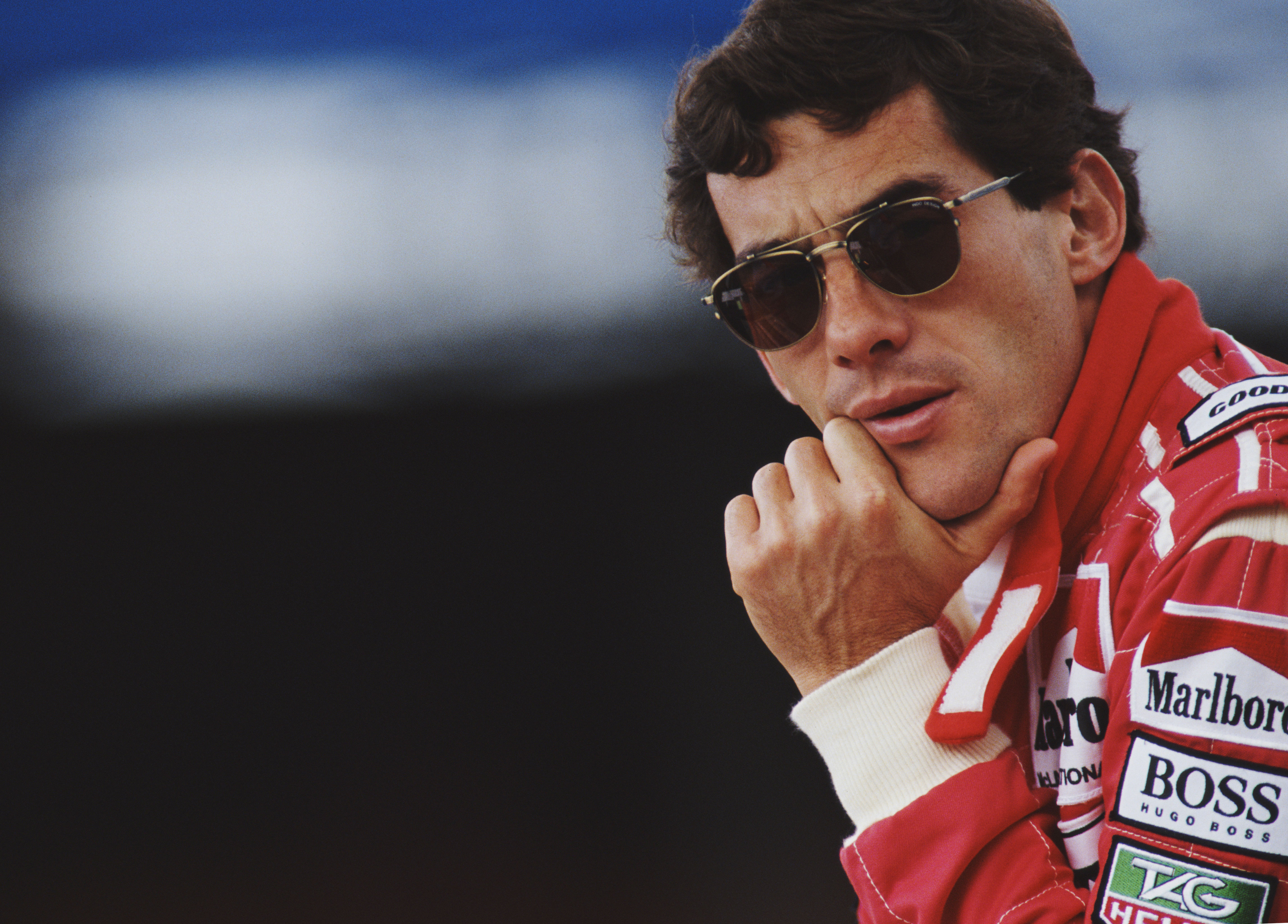The greatest Formula 1 drivers in history
Much has changed in seven decades, but not the sport’s hunger for skill and courage

A free daily email with the biggest news stories of the day – and the best features from TheWeek.com
You are now subscribed
Your newsletter sign-up was successful
Formula 1 is the fastest, richest and most technically advanced of all motor racing competitions. Its top drivers are the best paid of any in motor sport and are among the wealthiest sportsmen on the planet. Worldwide, more than 352 million television viewers tuned in during the 2017 season, making F1 one of the most popular global TV events after the football World Cup and the Olympic Games.
Aficionados relish F1’s combination of speed, strategy, glamour, brand appeal, cutting-edge automotive technology and, of course, danger. Liberty Media, which acquired the sport for £6.4bn in 2017, plans to broaden the sport’s already considerable fanbase by giving enthusiasts live access to data generated during a race, allowing them “to devise their own race strategies to share with fellow fans”, The Times reports.

‘An artist of driving’
The Week
Escape your echo chamber. Get the facts behind the news, plus analysis from multiple perspectives.

Sign up for The Week's Free Newsletters
From our morning news briefing to a weekly Good News Newsletter, get the best of The Week delivered directly to your inbox.
From our morning news briefing to a weekly Good News Newsletter, get the best of The Week delivered directly to your inbox.
The notion of drivers and punters being able to read, in real time, about competitors’ fuel loads and engine settings is something F1 pioneers in the 1950s could only have dreamed about. Argentina’s Juan Manuel Fangio (above), revered by some as the greatest driver of all time, had to use intuition rather than car-to-pit radio when he stopped just short of a round-the-corner pile-up at the 1950 Monaco Grand Prix during the first F1 World Championship.
Advances in technology and engineering over the past seven decades highlight the difficulty of comparing drivers from different eras. Fangio, who won 24 Grand Prix out of 51 starts and was world champion five times, set records that, in percentage terms, may never be beaten – but his forte did not lie in a mechanical understanding of his motor car. “What made him so great”, his contemporary, Stirling Moss, told the BBC Sport, “was his concentration and his balance of the motor car. He wasn’t a technician. He was just a great artist of driving.”
The glamour that attaches to Formula 1 is in part the legacy of the sport’s early years, when contestants courted extreme danger every time they raced. The paradox of Jim Clark, world champion in 1963 and 1965 when he drove for Team Lotus, is that his F1 career was almost free of accidents - but he died during a minor Formula Two race when his car flew off the track at Hockenheim, in Germany. The Times ranks Clark as the greatest driver, a “gentleman amateur” who was “sublime at the wheel, his touch and feel for his car and the circuit without peer.”

Another racing tragedy prompted the retirement in 1973 of three-times world champion, and Rolex Testimonee, Sir Jackie Stewart (above), when Tyrell teammate Francois Cevert was killed in practice for the US Grand Prix. Stewart won 27 F1 races, a record only superseded 14 years later by Alain Prost. The Scot has been a leading campaigner for better safety for drivers, often in the face of opposition from those who argue that it makes the sport less exciting. “I would have been a much more popular world champion if I had always said what people wanted to hear,” says F1’s elder statesman. “I might have been dead, but definitely more popular.”
A free daily email with the biggest news stories of the day – and the best features from TheWeek.com
‘Force of nature’
Team-mate rivalry is a recurring subplot in Formula 1. Brazilian Ayrton Senna’s move to McLaren in 1988 alongside Alain Prost of France set the scene for the bitterest feud in Grand Prix racing. Many now rate the mercurial Senna (top and below), who became world champion three times, as the best driver ever, with Prost not far behind. But their mutual antipathy led them to lock wheels during the penultimate race of the 1989 season in Japan, as a result of which Senna was disqualified and Prost claimed the world title. The following year, Senna crashed into Prost’s car, putting both men out of the race and securing the title for the Brazilian.

The BBC’s Andrew Benson calls Senna “a force of nature” who combined raw talent with “sometimes terrifying determination”, and his legend has grown since his death at Imola in 1994. That year saw the emergence of Germany’s Michael Schumacher, who became world champion a record seven times, five of them with Ferrari. “If statistics were the yardstick by which we measured the greatest of all time, this would be a walkover for Schumacher,” says The Times.
Among contemporary drivers, Britain’s Lewis Hamilton, recently crowned world champion for the fifth time, and Sebastian Vettel of Germany are the outstanding achievers. Both started the season as four-times world champions, and have been vying for top position all year, Hamilton with Mercedes and Vettel with Ferrari. BBC Sport F1 analyst Gary Anderson believes that when Vettel qualifies at the front, he is “as good as and might even be a midge better than Ayrton Senna”. Hamilton, the most successful British driver ever, has received similar plaudits. Damon Hill, world champion in 1996, tells The Guardian he has “sublime talent”, a view shared by former driver Johnny Herbert: “For me Lewis is on a level par with any of the greats you wish to name.”